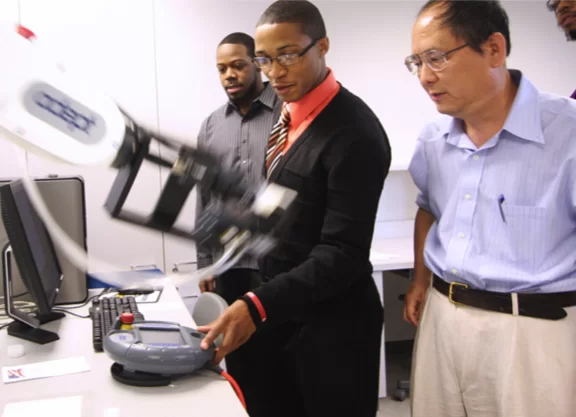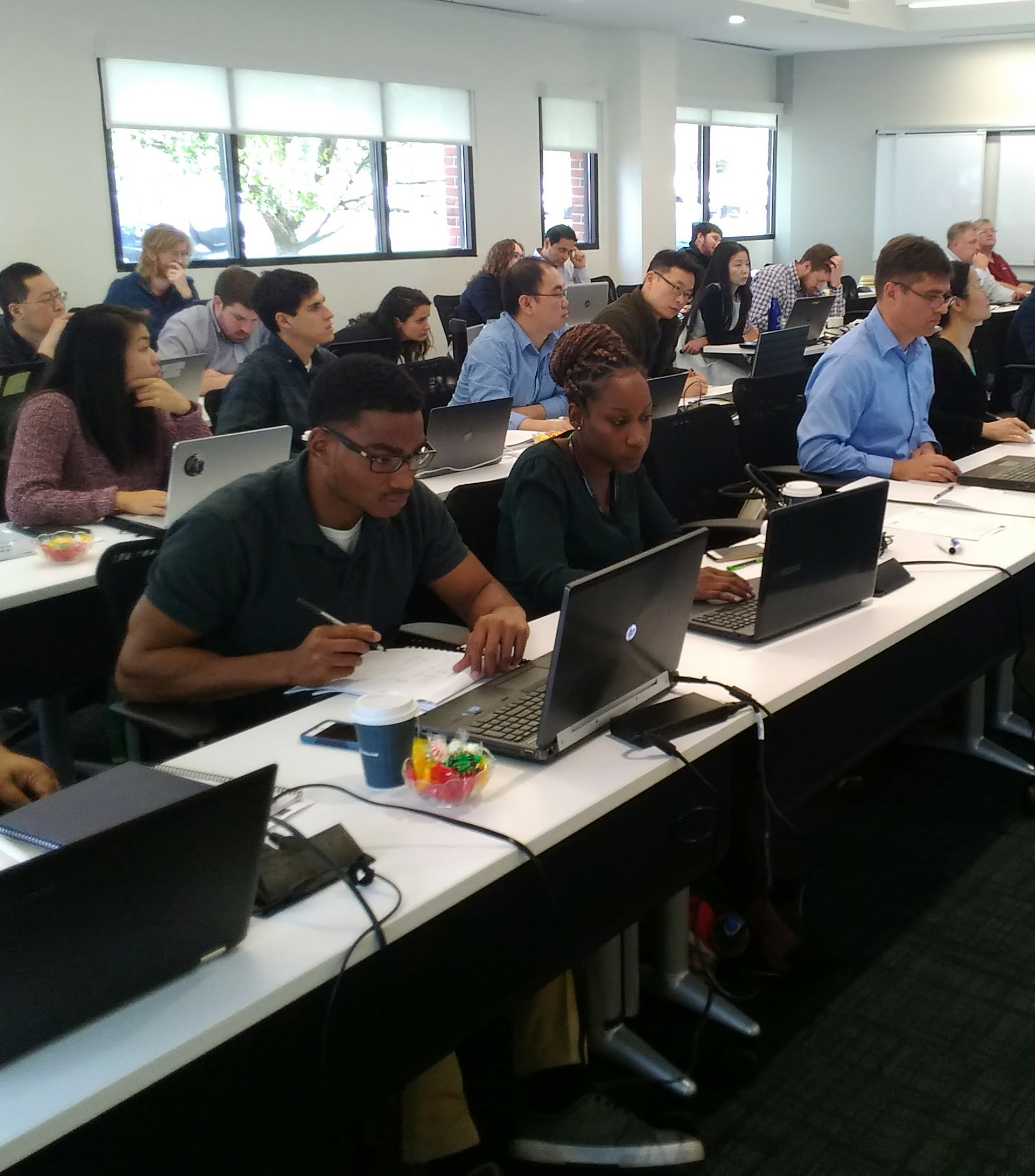Despite being classified as a UNC Research Center, the CNHR has developed and maintained a strong education and training program, funded in large part through the two DHS Center of Excellence awards. This program has created and delivered resilience-oriented undergraduate and graduate courses, concentrations, minors, certificates, and summer internship programs, as well as opportunities for students to work on Center research projects, to establish a pipeline of well-qualified and diverse students prepared to enter the workforce in resilience related fields. It is well documented that disasters in the US disproportionately affect minority communities. Thus, the CNHR has partnered with several Minority Serving Institutions to train professionals that reflect the communities most impacted by these events.
Graduate Certificate in Natural Hazards Resilience
Dr. Miyuki Hino (UNC Chapel Hill)
The CNHR created, initially staffed, and now helps to support a Graduate Certificate in Natural Hazards Resilience in partnership with the Department of City and Regional Planning at UNC-Chapel Hill. The 10-credit hour certificate program is focused on the nexus between the threats and impacts of natural hazards, climate change, and disasters on human settlements and how individuals, organizations, communities, and larger systems of governance prepare for, respond to, mitigate against, recover from, and adapt to these events. The curriculum provides students with an academic and practice-based exposure to the science underlying our understanding of natural hazards phenomena and a critical analysis of the policies, programs, and plans in place that are intended to help societies manage the effects of natural hazards and climate change, to include an emphasis on those actions that increase resilience.
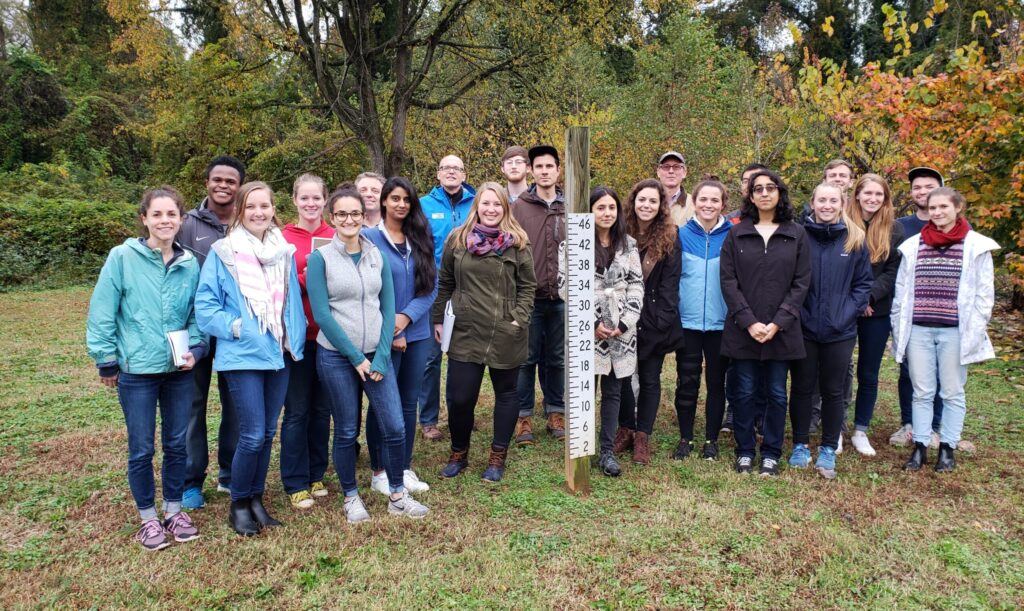
Review, Enhance, and Stimulate the Coastal Engineering Concentrations of MS/PhD Engineering Degree Programs
Dr. Robert Whalin (Jackson State University (JSU))
This project addresses the need for coastal engineers with graduate-level degrees to focus on coastal natural disasters in order to mitigate damages to coastal infrastructure and reduce the number of deaths from coastal hazards. Graduates of the JSU coastal engineering program serve the needs of agencies at the local, state and federal levels, including the U.S. Department of Homeland Security; U.S. Coast Guard; FEMA; the U.S. Army Corps of Engineers, USACE Districts, ERDC; state Emergency Management Agencies; as well as private industry and consulting firms. JSU leads the nation in awarding Coastal Engineering Masters and Ph.D. degrees for a Historically Black College or University (HBCU), with approximately thirty MS degrees and three PhDs who have completed the coastal engineering concentration requirements over the span of this project.

Multidisciplinary Certificate in Disaster Coastal Studies and Minor in Disaster Management and Social Equity
Dr. Meherun Laiju (Tougaloo College)
The multidisciplinary certificate Disaster Coastal Studies (DCS) was initiated in Fall 2018 as part of Tougaloo College Curriculum Career Pathways. In academic year 2023-24, the project developed a Disaster Management and Social Equity (DMSE) minor.
To build resilient communities, it is imperative to improve the lives of marginalized groups who are vulnerable during and after any natural disaster. The Department of Sociology & Social Work at Tougaloo College developed a multidisciplinary certificate program in Disaster Coastal Studies and a minorin Disaster Management and Social Equity (DMSE). The objective of these curricula is to educate and train students on how to manage coastal disasters through a multi-disciplinary approach while also addressing social vulnerability and the importance of social equity in hazard mitigation programs and policies. The success of the project has the potential to be used as a model to emulate disaster management programs at other organizations and help diversify Homeland Security’s workforce.
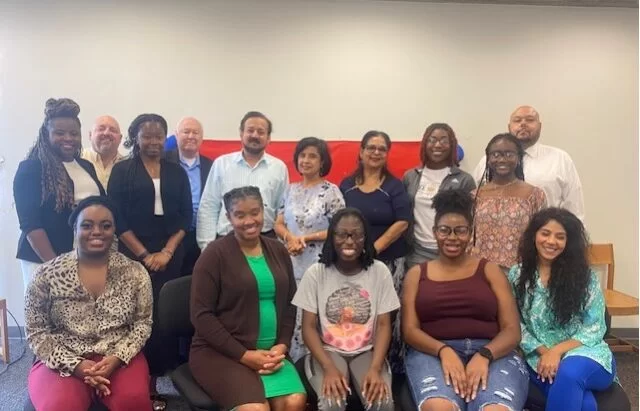
Strengthening Institutionalization and Outreach: Engaging High School and University Students, Teachers, and Faculty on Multi-Hazard Infrastructure Resilience Education
Professor Ismael Pagan-Trinidad (University of Puerto Rico-Mayaguez (UPRM))
This project offers curricula in coastal infrastructure engineering to students at the graduate level. The program has expanded to provide formal and professional education to high school students and other stakeholders in the field of resilient coastal infrastructure through a diverse range of offerings, including “Conversatories” (panels), workshops, lectures, webinars, trainings, formal curriculum courses and course modules, projects in capstone courses, partnerships, membership in boards, publications, presentations, advising, internships, undergraduate and graduate research and projects, and other students’ activities.
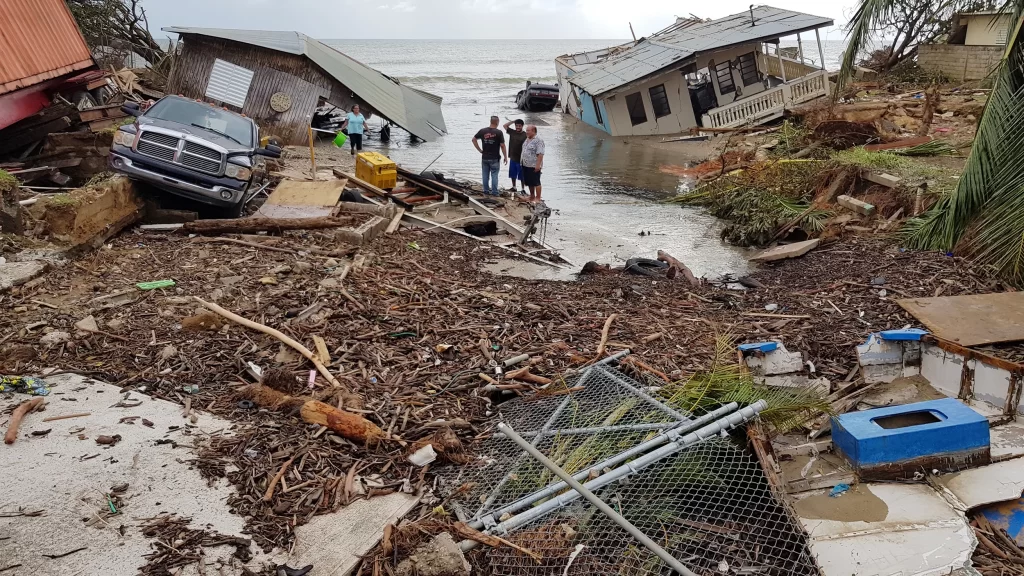
Community Resilience: Education and Training Endeavors (CREATE – Next Generation)
Dr. Jessica Murphy (Jackson State University)
The CREATE-Community Weather Preparedness and Broader Impact project’s mission is to provide contemporary education and training for Mississippi’s underserved communities on weather preparedness to help minimize the loss of life and property. Target audiences include community colleges in the Jackson, MS metro area, as well as local community groups. The project provides advanced training and education on weather emergencies that may lead to water crises (e.g., water shortages, low water pressures, water contaminants, etc.). The research team shares with communities how some weather events such as severe winter weather, severe storms, torrential flooding, etc., may potentially impact water supplies (e.g., low water pressure, water limitations, possible contaminants, etc.). Additionally, the team provides in-depth information and training regarding actions (e.g., properly storing water in the home, purchasing bottled water, etc.), before weather emergencies occur. The team also covers recovery aspects (e.g., home water testing and home water filter systems) to help ensure water safety in case water has been impacted within communities.
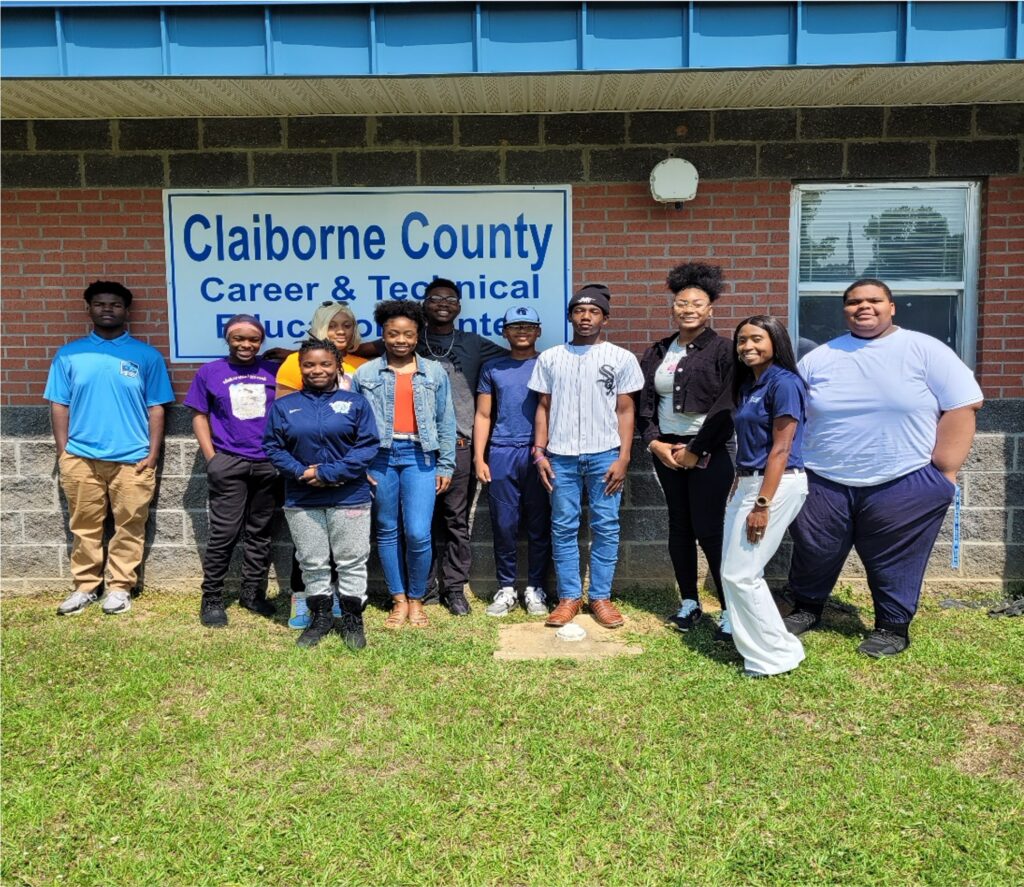
Preparing Tomorrow’s Minority Task Force in Coastal Resilience through Interdisciplinary Education, Research, and Curriculum Development
Dr. Ahmed Faik (Johnson C. Smith University)
The purpose of this project was to introduce undergraduate students to software tools such as GIS and Tableau through the design and delivery of four courses related directly to methods and application of the tools. Two of the research modules were embedded in Cyber Security courses taught in the JCSU Computer Science department. These courses are currently in the university catalogue and have been instituted as part of the curriculum. In addition, during the academic year and summer semesters faculty conduct several undergraduate research projects on natural disaster phenomena, as well as a one-week bootcamp to teach students the programming language Python and how to use and implement it to solve hypothetical natural disaster-related problems. Several of the undergraduate projects mentored by faculty over the years have produced papers, posters, and conference presentations.
